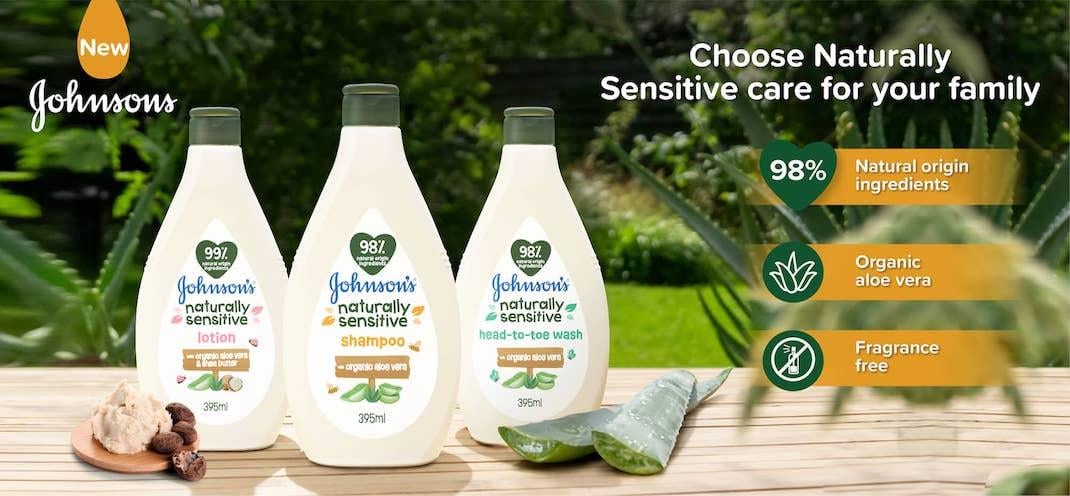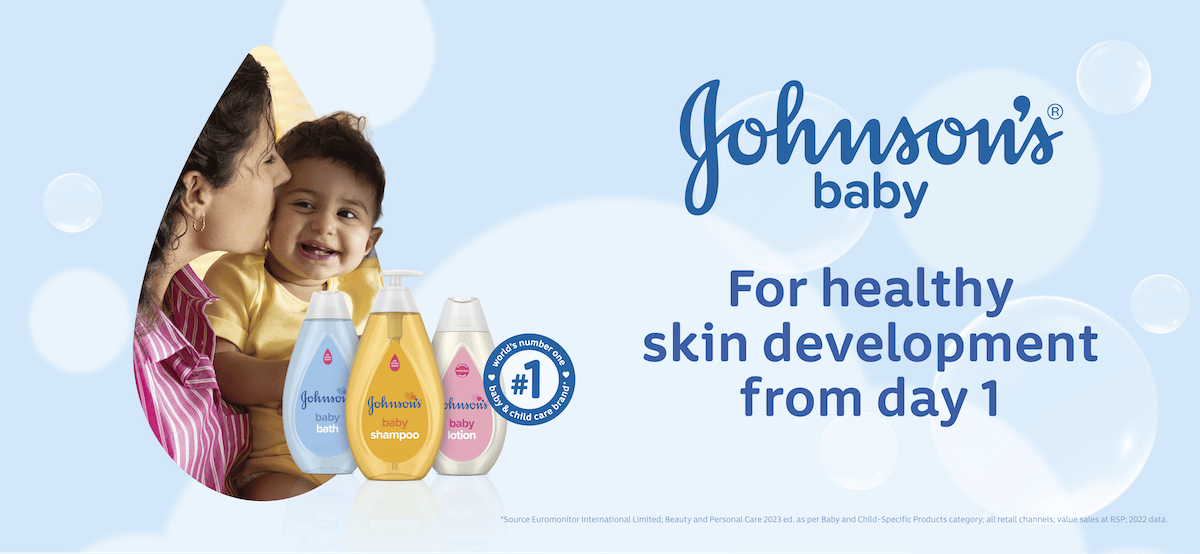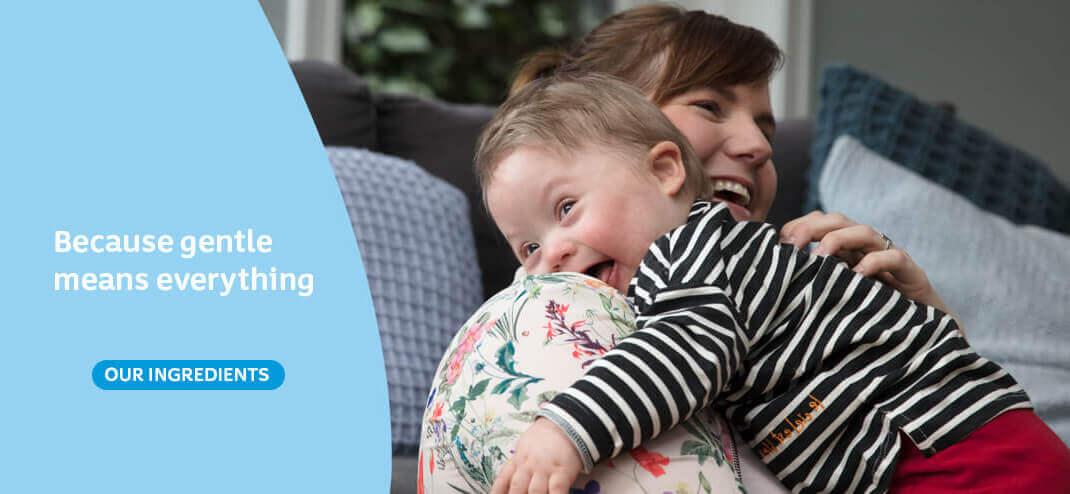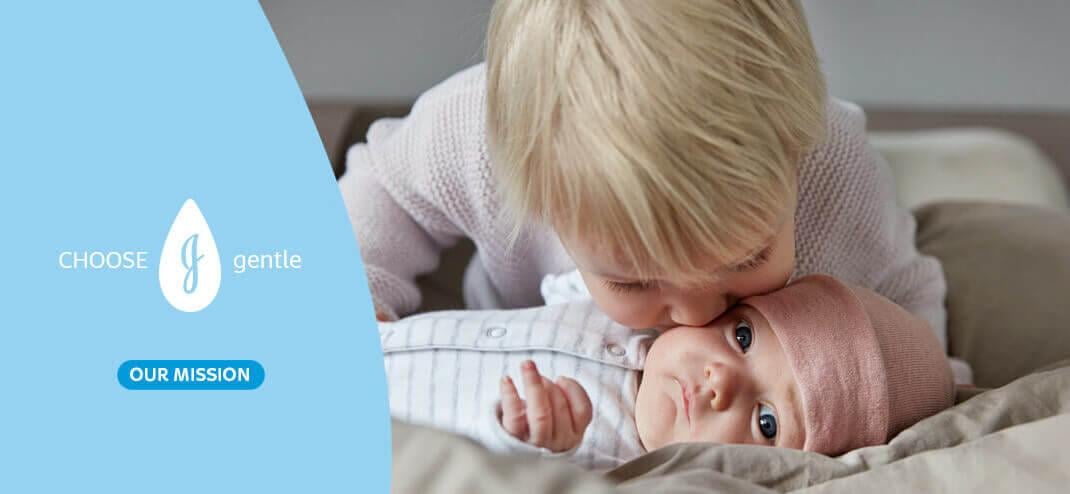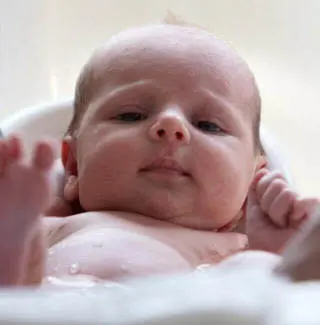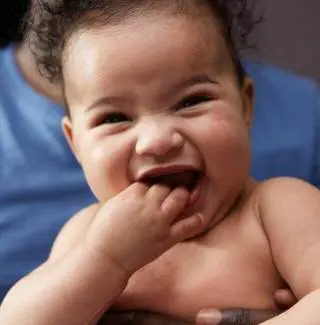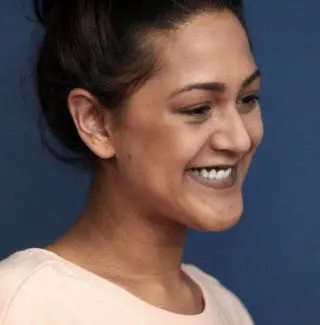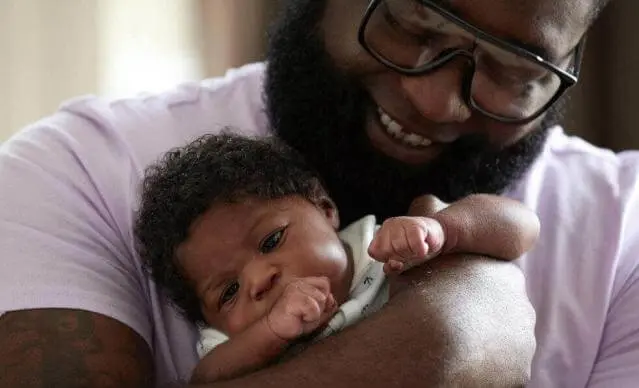
A New Generation of Gentle
JOHNSON´S® never stops raising the bar when it comes to delivering the best for your baby – that drives everything we do. Guided by our mission to create the gentlest products backed by science, and our desire to address parents’ growing needs – we’ve improved inside and out.
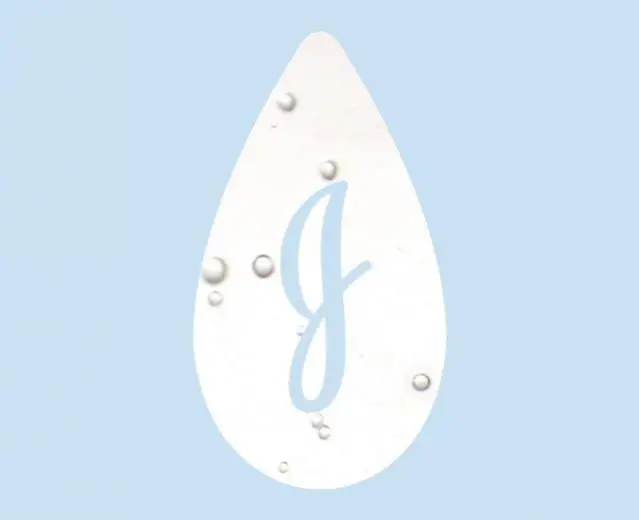
We Choose Gentle™
Since the beginning, our mission has been to create the gentlest baby products in the world. And now, we’re raising the bar even higher. When it comes to what’s best for your baby everything we make, everything we do and everything we stand for is as gentle as you want the world to be.
We are Committed to Baby Care
Our scientists are constantly learning about babies’ specific skin care needs, with over 90% of all industry-led baby skin care research coming from us! Now, we have combined our latest clinical research with our love for babies to improve our products, meeting and beating the top regulatory standards in the world.
We Use Purposeful Ingredients
We carefully evaluated our beloved formulas and reduced the number of ingredients by 50%*. Simpler, gentler products with no parabens, no phthalates, and no sulphates.* Based on global portfolio product reformulations
Products with a Purpose, For Every Age & Stage
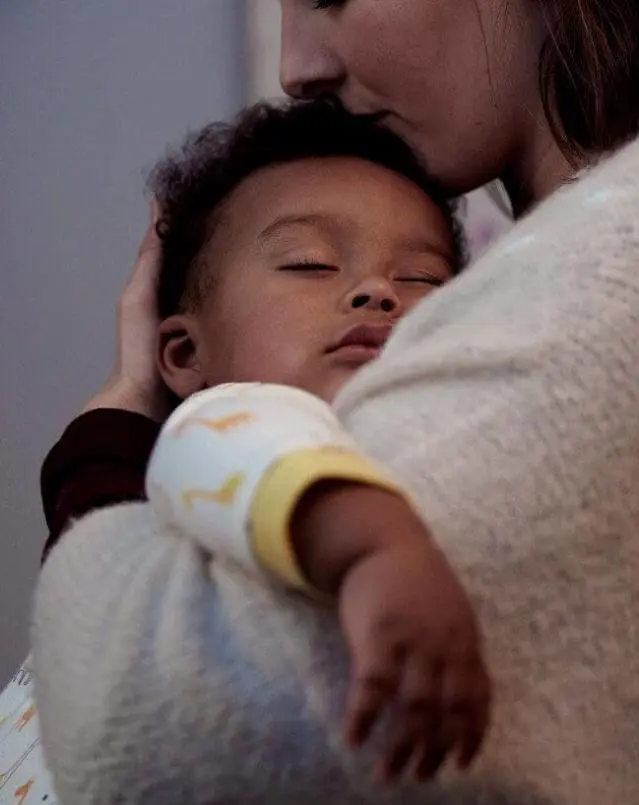
Better Sleep in Just One Week
Discover how our 3-step bedtime routine and the JOHNSON´S® Bedtime™ baby sleep app can help you and your little one start sleeping better tonight. Our app includes a baby sleep tracker, expert advice, lullabies and more.
